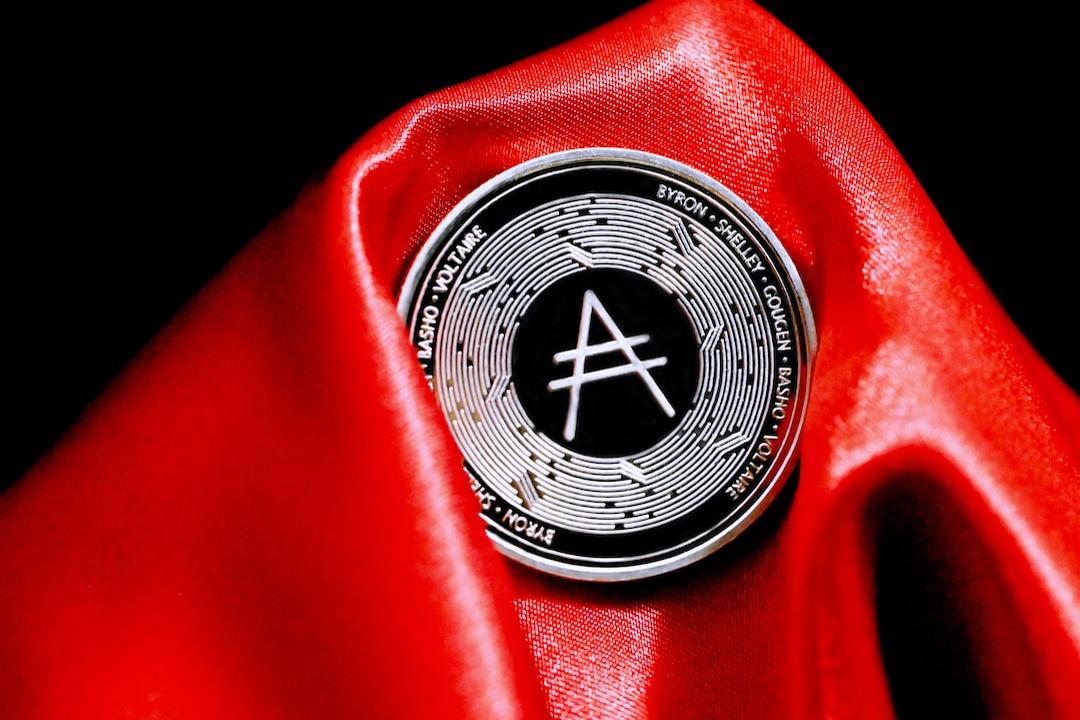In the most recent episode of Cryptopedia, viewers are provided with a concise and enlightening overview of decentralized autonomous organizations, commonly known as DAOs. According to Jackson DuMont of Cointelegraph, DAOs possess the potential to “completely revolutionize the way work and social collaboration are structured.”
So, what distinguishes this type of organization as both decentralized and autonomous? The answer lies in the utilization of smart contracts on the blockchain. Essentially, a DAO operates based on computer code inscribed on smart contracts that are accessible to anyone who wishes to engage with them.
DuMont outlined the three primary steps required to establish a DAO. The initial step involves the creation of the smart contract. Subsequently, the second step entails determining the method for receiving funding and implementing governance, often accomplished through the creation of a token. Finally, the DAO is deployed on the blockchain.
Crowdfunding is the most prevalent application of a DAO. The funds collected are deposited into a smart contract, which, in turn, issues tokens to members of the DAO. Tokenholders, who possess equity in the DAO, can then vote on how to allocate the funds and elect delegates.
For instance, ConstitutionDAO managed to raise slightly over $49 million with the objective of purchasing an original copy of the U.S. Constitution, but were ultimately outbid at the auction. Another example is Blockbuster DAO, which aims to gather sufficient funds to acquire the video rental brand from Dish Network and transform it into a streaming film studio.
The purpose of DAOs is to mitigate the risks associated with poor leadership by implementing horizontal leadership or flat hierarchies that level the playing field of power. The scope of influence is boundless, and regardless of a member’s location, everyone adheres to the same set of rules dictated by the smart contract. Trust is placed in the code rather than individuals.
Naturally, there are still concerns and risks pertaining to legality and security. An infamous example of a DAO gone awry is The DAO, which was hacked for $50 million in 2016. A recent report claims to have uncovered the identity of the alleged hacker.


